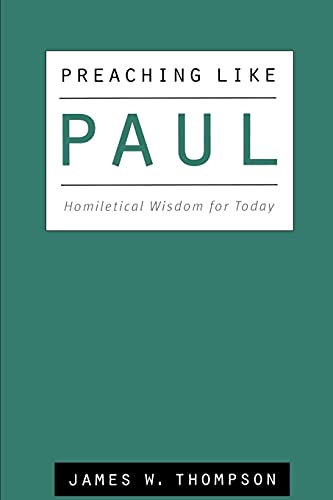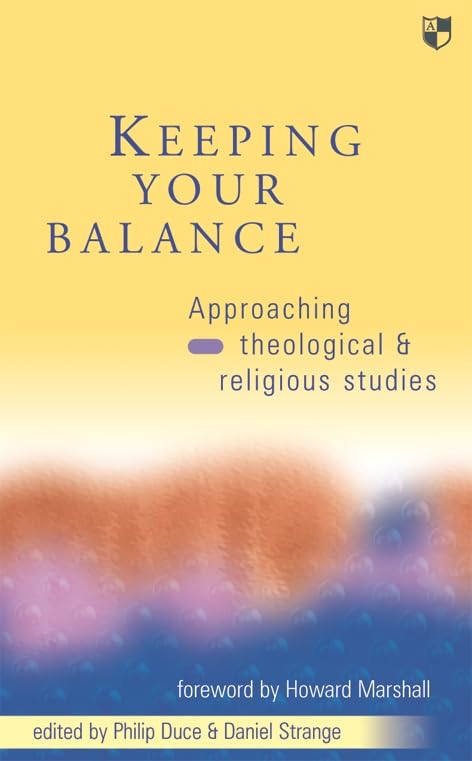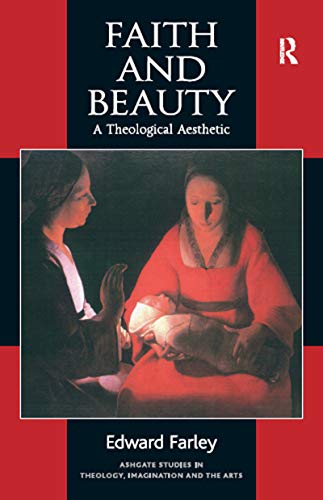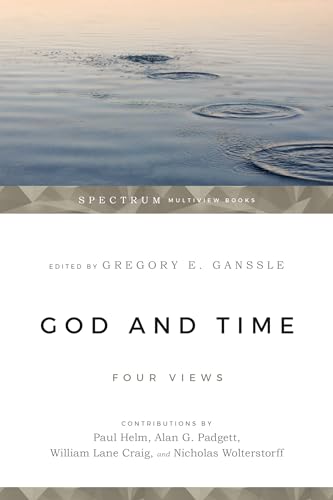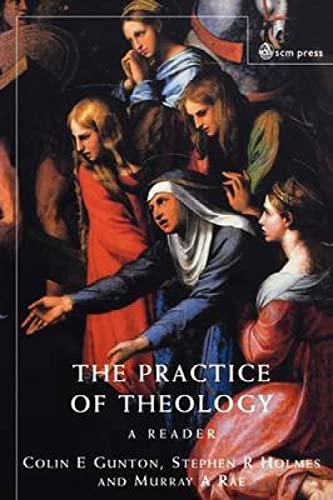ENCOUNTERING EVIL: LIVE OPTIONS IN THEODICY
Written by Stephen T. Davis (ed.) Reviewed By Oliver D. CrispWhen the first edition of this book came out in 1981, the dialogue format was unusual. Five contributors, all of whom established scholars in the field, wrote an essay defending their own position on the problem of evil, and each critiqued the submissions of the others in the same volume. The result was the scholarly conversation that readers are now more familiar with, especially among recent IVP titles (for example, Divine Foreknowledge: Four Views). This method of presenting the issues means readers coming to the problem of evil for the first time get a sense of the key questions in the debate, from a number of different angles. It also gives the reader the immediacy of the discussion in a way that a traditional textbook does not always convey successfully.
This new edition is essentially an updating of the original essays, with some new material and contributors, retaining the original format. It is a welcome new edition. The problem of evil has been discussed almost to death in academic literature, but here these essays show that there is life in this perennial theological and philosophical conundrum.
The contributions give a range of views representing a diverse field. The original line up of John K. Roth (theodicy of protest), John Hick (soul-making theodicy), Stephen T. Davis (free will defence), David Griffin (process theodicy) and Frederick Sontag (existentialist perspective) has been altered somewhat. Roth, Hick, Davis and Griffin remain, although their essays are more than retouched, and D. Z. Phillips (Wittgensteinian critique of the very notion of theodicy) makes his debut as the fifth man. Afterwords are given by Sontag and John Cobb Jnr (as before for Cobb), and Marilyn McCord Adams (a welcome addition). All have had to rewrite aspects of their earlier work in light of developments in the field, especially with respect to wrestling with the current paradigm of moral evil, the holocaust. D. Z. Phillips proves a rather peculiar addition. His work does not fit in with the overall theme of presenting a synopsis of the state of the art on the problem of evil, because he refuses to play the game (a rather odd thing to say of a Wittgensteinian!). Instead he sets out to probe the very structure of theodicy, questioning whether this is moral enterprise at all. One aspect of criticism is that theodicies act as a kind of veneer of coherence, under which all kinds of problems that cannot be made to fit into one global explanation in this he echoes other theological voices in recent times that have made similar allegations, though for different reason (e.g. Kenneth Surin).
I concentrate on Phillips since his is perhaps the most difficult essay on which to get a handle. Perhaps this is because his religious non-realism makes for some strange attempts to undo ‘confusions’ into which theodicists have allegedly fallen.
The other essays are more straightforward. Griffin’s work on a process doctrine of creation (and evil) is particularly interesting, and Hick is as lucid as ever, as is Davis. Marilyn McCord Adams deserves special mention because her essay gives a sense of where things currently stand. Her work in this area has been important, particularly because she has refused to be drawn into abstraction, tackling evil from within the Christian tradition, focussing on eschatology.
So, in short, a useful revision of a standard textbook in the area of theodicy.
Oliver D. Crisp
University of Notre Dame



